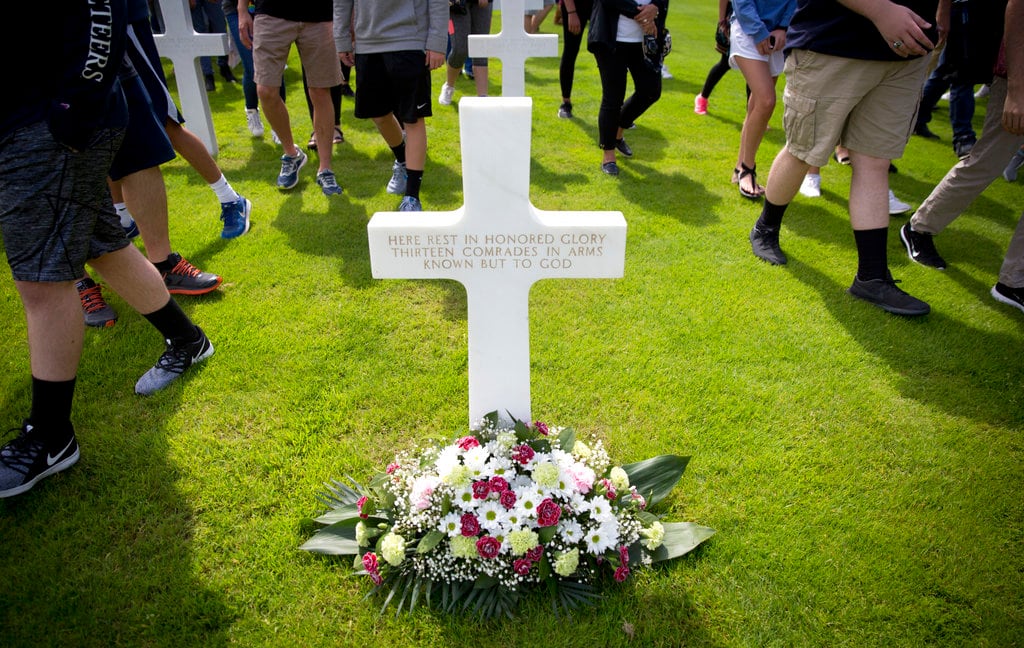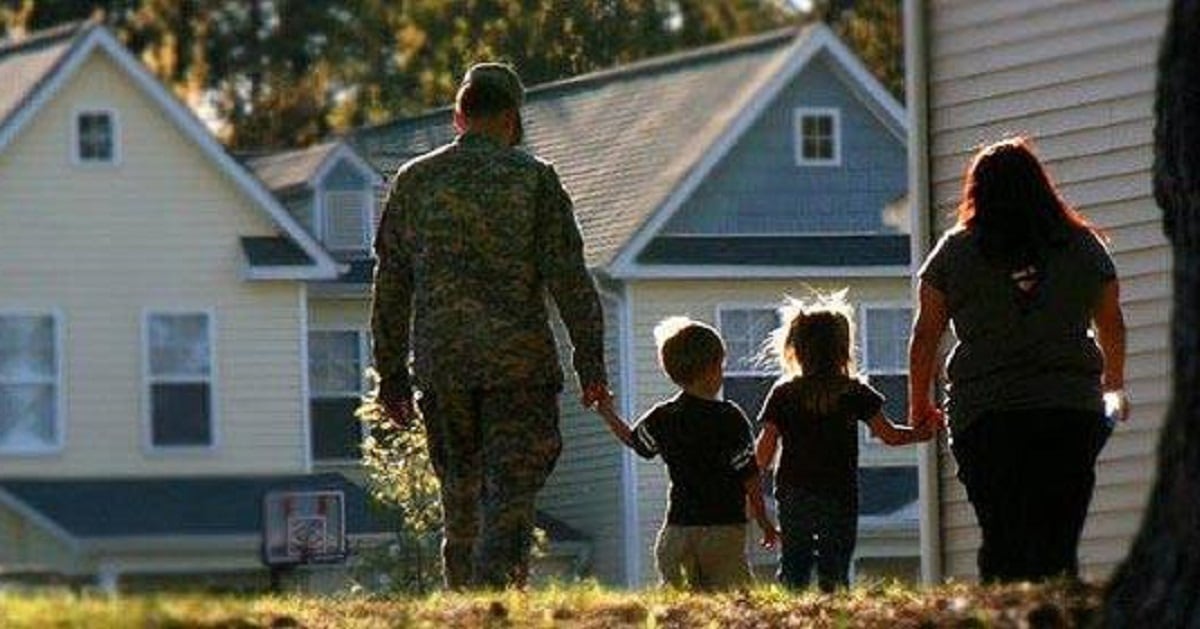In the early 1990s, psychologists Richard Tedeschi and Lawrence Calhoun coined the term "posttraumatic growth," or PTG. The concept of PTG describes the positive personal transformations that can occur in the aftermath of trauma.
In contrast to the typical portrayal of the combat veteran struggling with post-traumatic stress disorder, PTG embraces the idea and reality that remarkable positive changes can occur in the days, months or even years after incredible adversity.
The concept of PTG has been recognized for centuries. For example, tragedy has been the focus of much of the great literature from ancient Greece. Many of the prominent themes of Christianity and Judaism deal with imparting wisdom through stories of suffering. And Buddhism directs people to approach suffering and learn from it rather than avoid the pain.
For most of us, the lessons of religion or stories of transformation exist in the background. We struggle with the minor day-to-day hassles, but we continue to move through life. Little changes for us.
However, when many of us are confronted with a major loss like divorce, sickness, severe injury or death, our complacency is upended and life is no longer the same.
In the case of PTG, as the shock of trauma wears off, important positive changes occur. The types of changes vary from person to person, but general themes have emerged.
One of the most common is the development of a greater appreciation for things. The background noises of life (kids playing in the street, birds singing) become clearer. The same old and boring food tastes better. The backyard that needs to be cut every other weekend is no longer a frustration, but an opportunity to enjoy the outdoors.
Others become more aware of their personal strength. Nothing tests one's resolve like living through a tragic event. And as time passes, for many, the sense of resilience becomes stronger.
Then there is the creation or repairing of relationships. Adversity opens the door to increased intimacy with others. In part, it's a result of appreciating how kind and compassionate other people can be. Just as important, it's a reminder of how kind and compassionate one's self can be.
Probably the least understood and most profound change people can experience after trauma is in the understanding of spiritual matters. A connection is made with something that is bigger than life. A sense of meaning, calm and purpose can overwhelm a person and lead to a different outlook on life.
Whether you've witnessed unthinkable acts during combat, suffered the loss of a loved one, or were left feeling devastated and defeated by life, it's important to remember that you are not merely a collection of symptoms. You are much more complex than a psychiatric label.
Bret A. Moore, Psy.D., is a board-certified clinical psychologist who served two tours in Iraq. He and Tedeschi are co-authors of "The Posttraumatic Growth Workbook." This column is for informational purposes only and is not intended to convey specific psychological or medical guidance.





